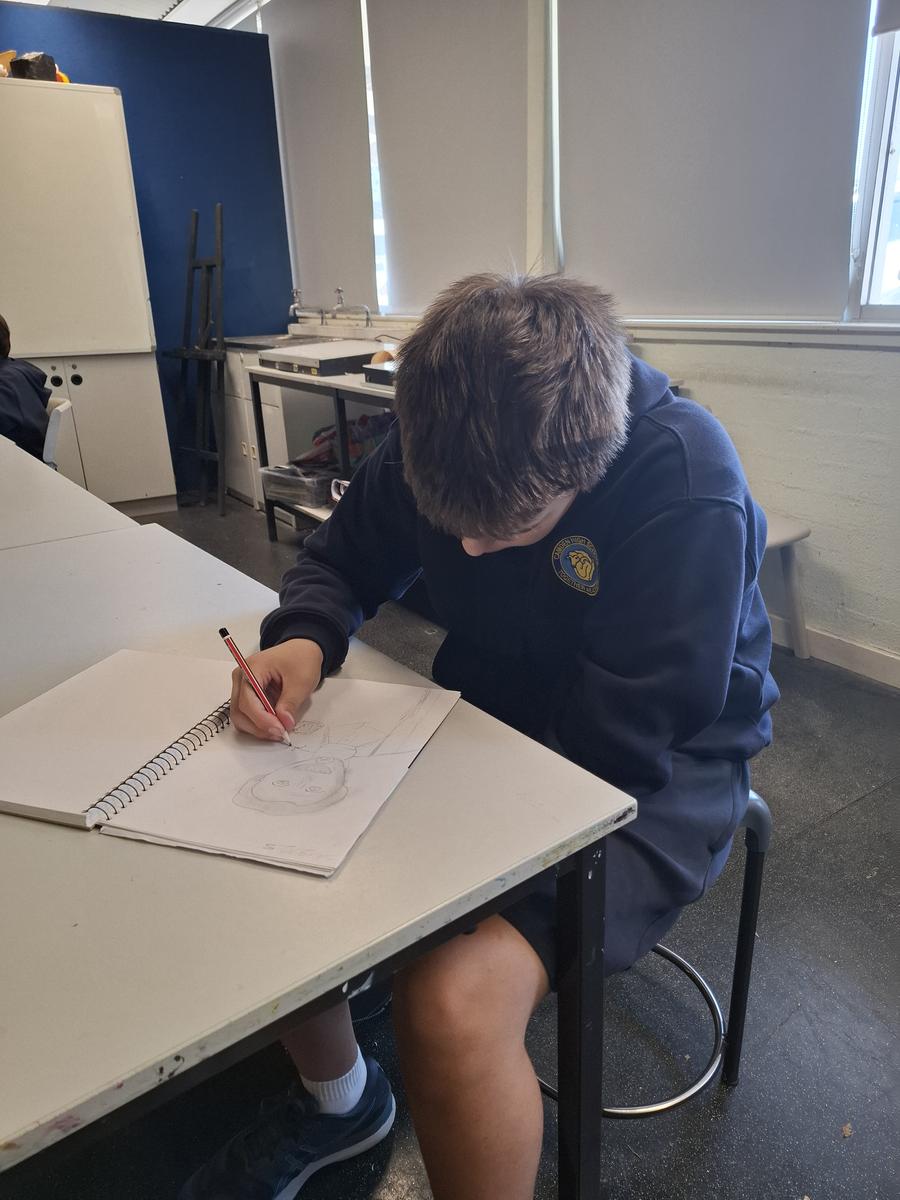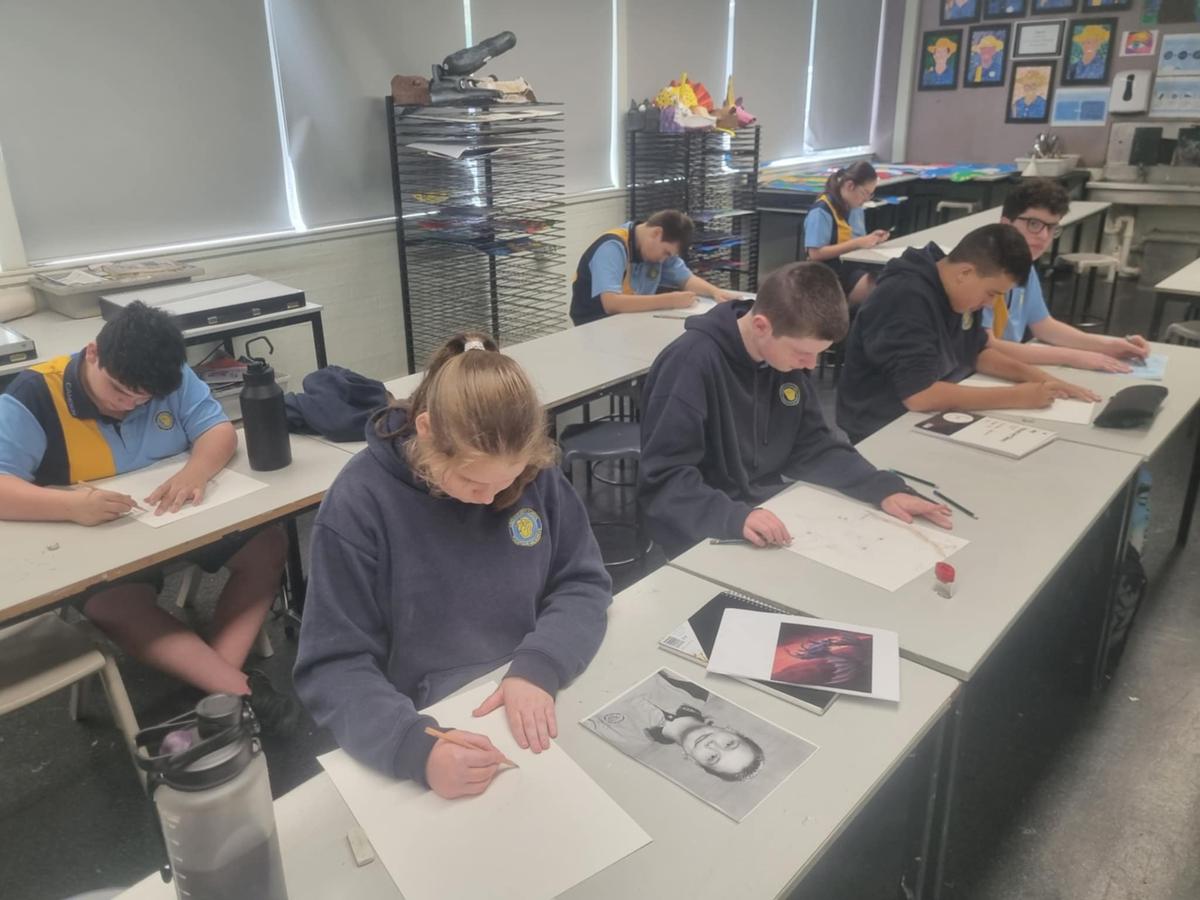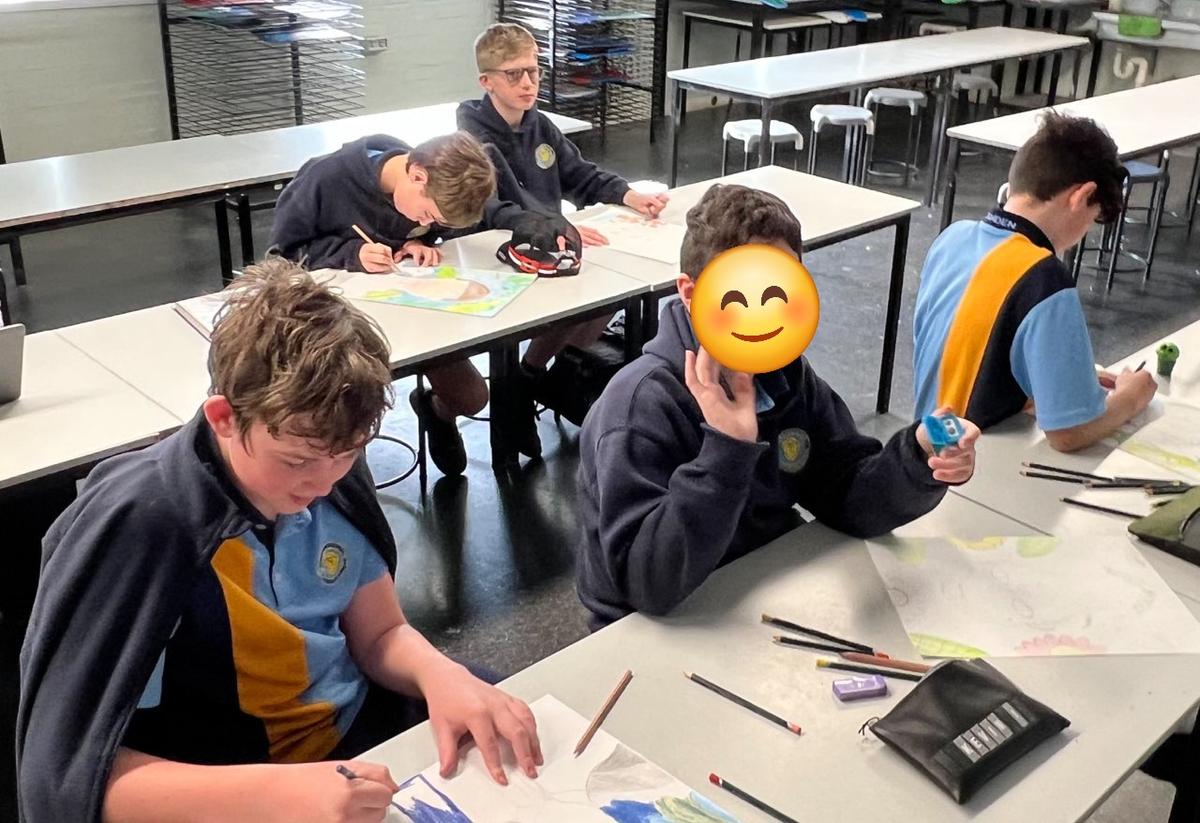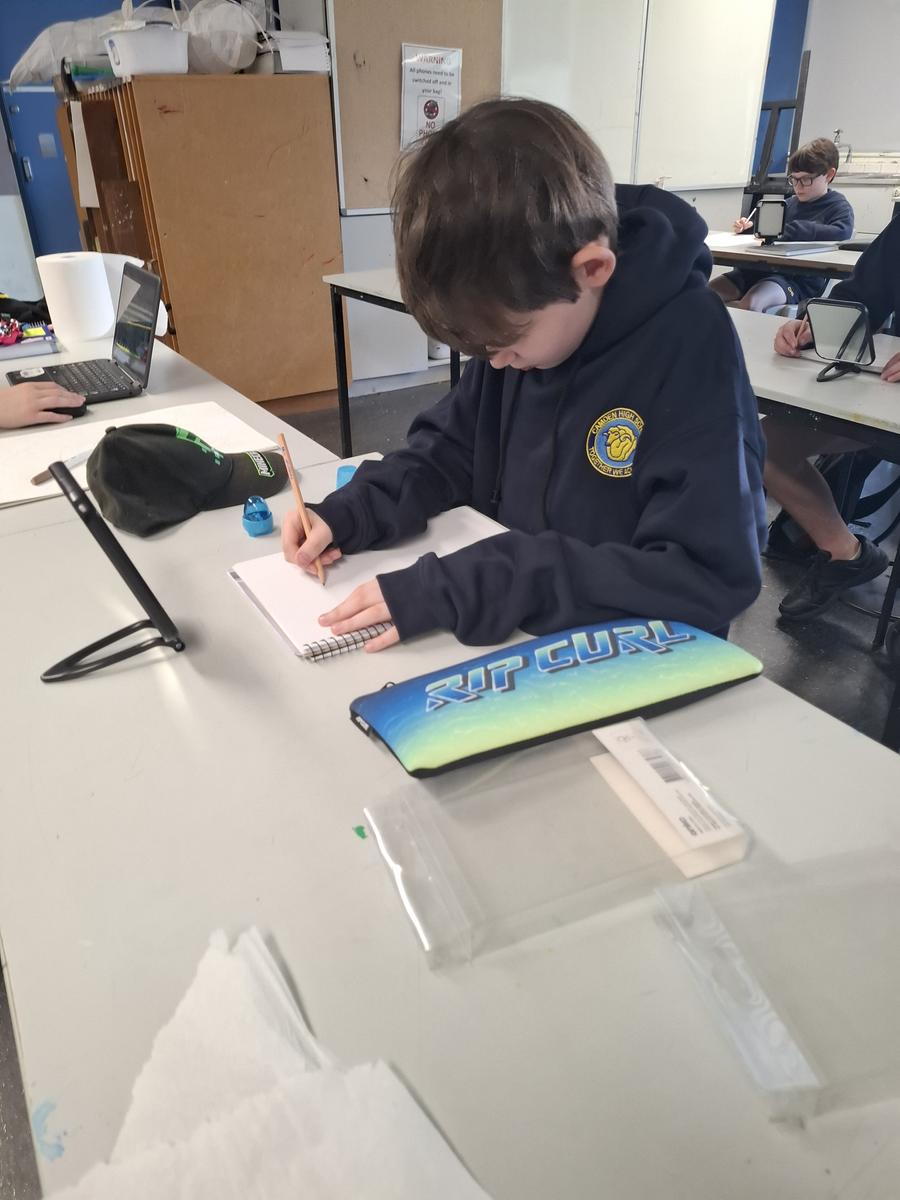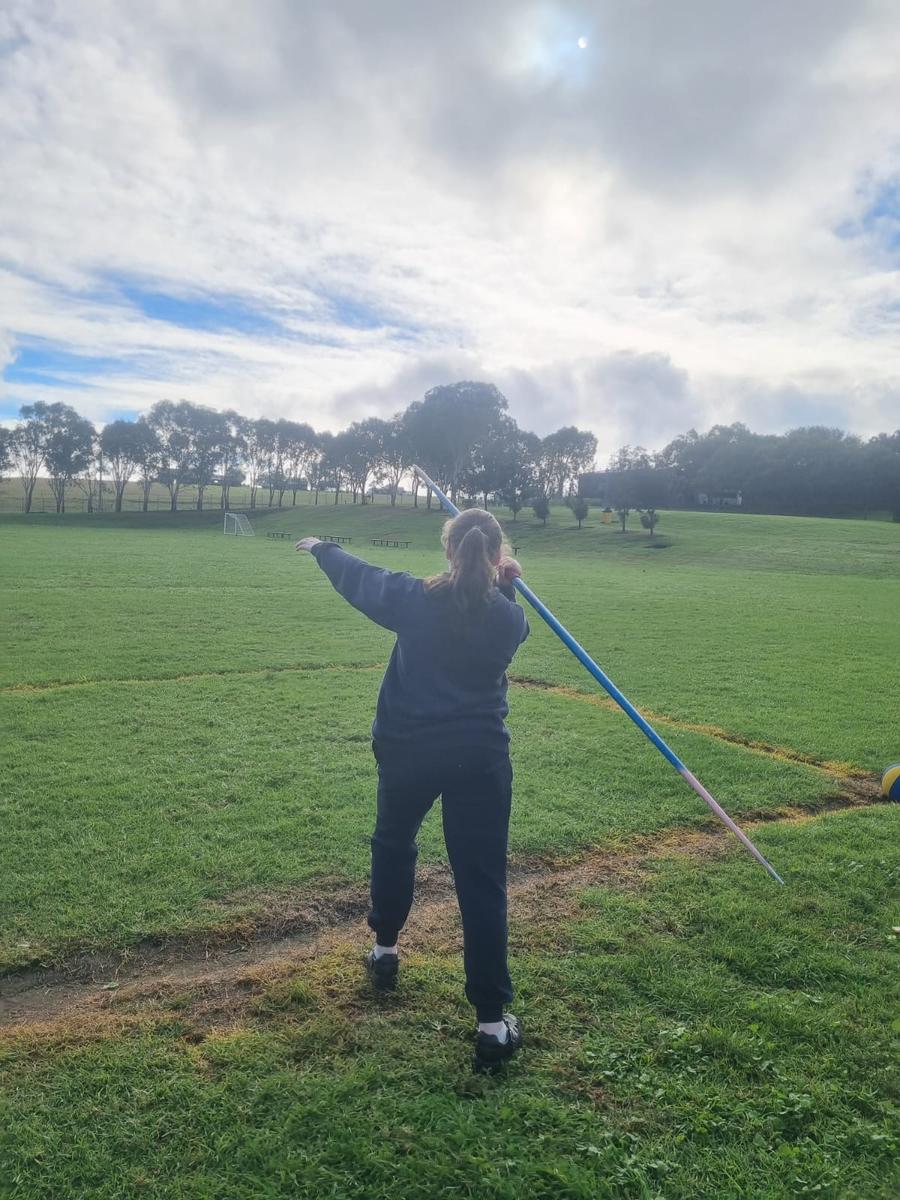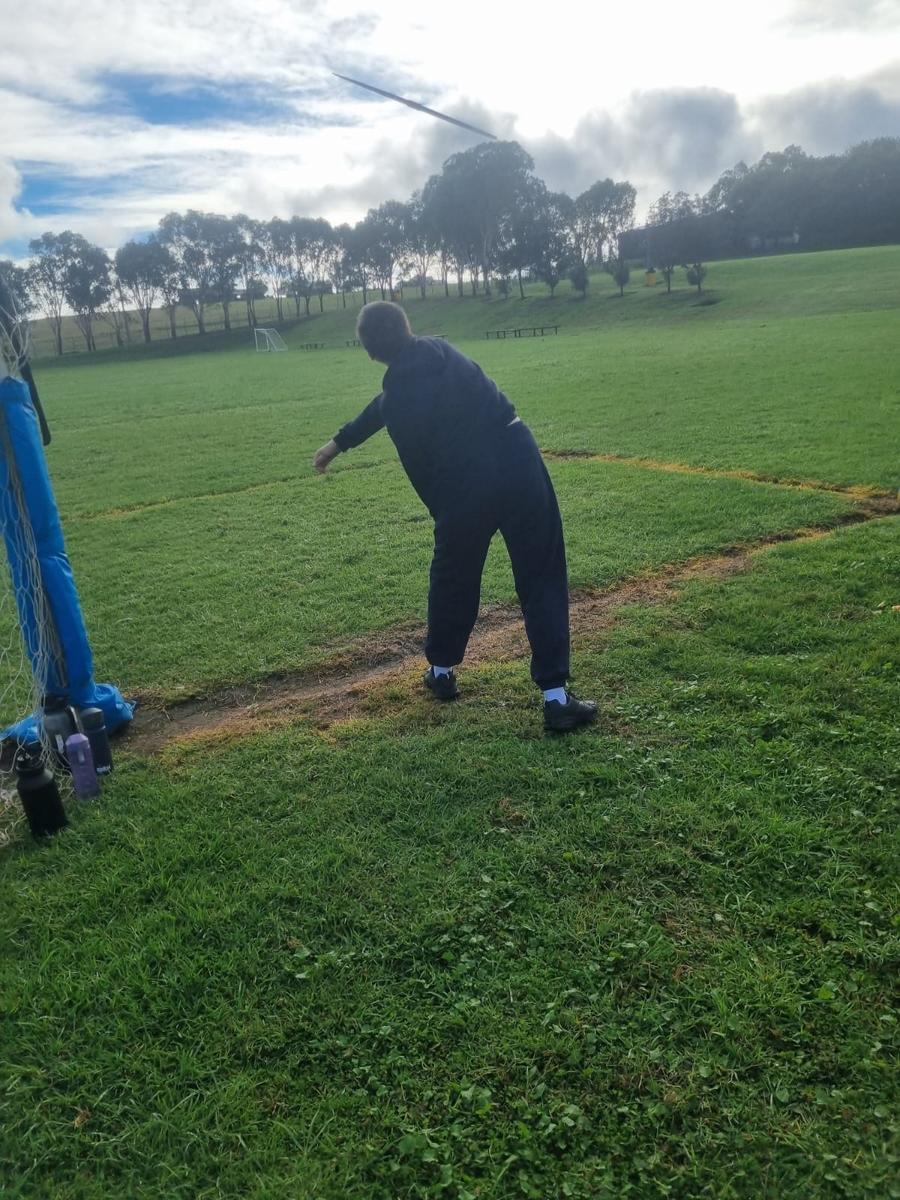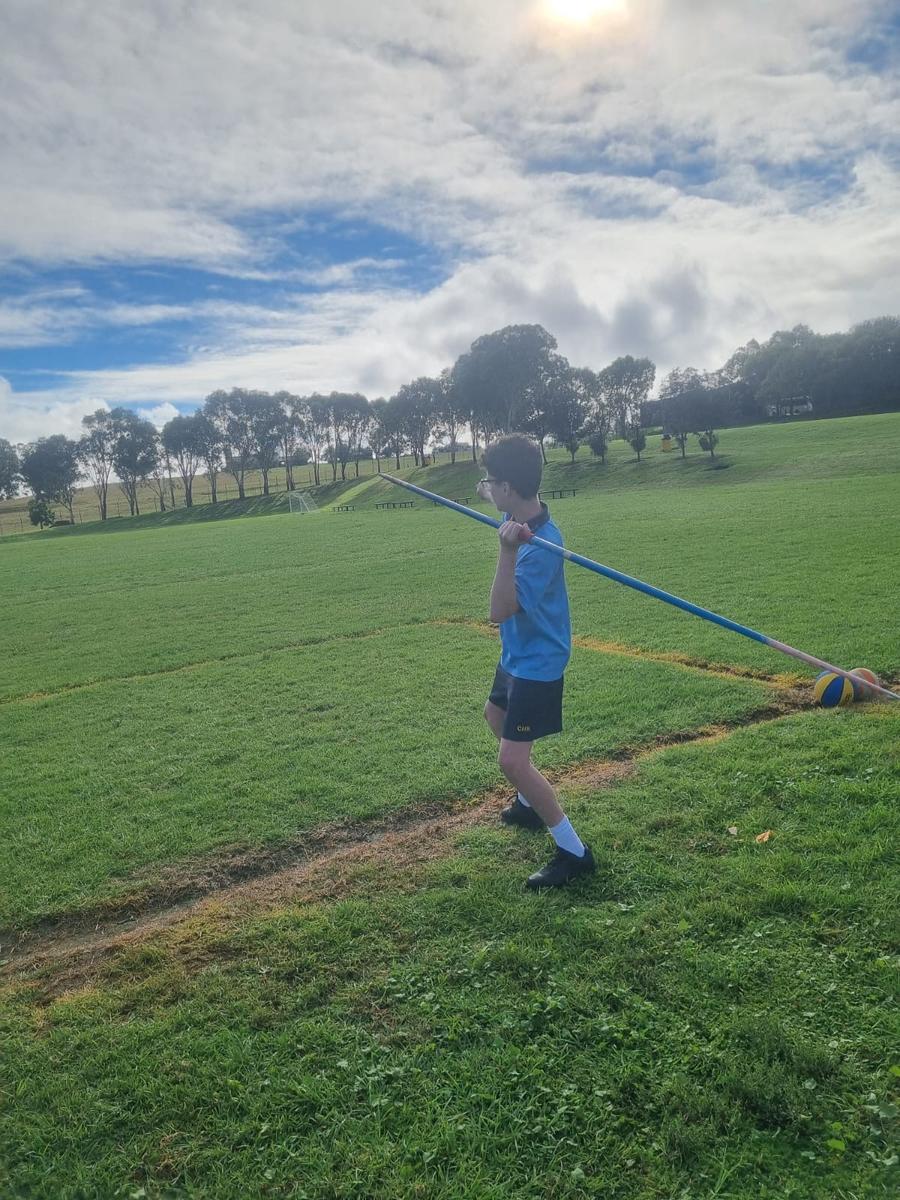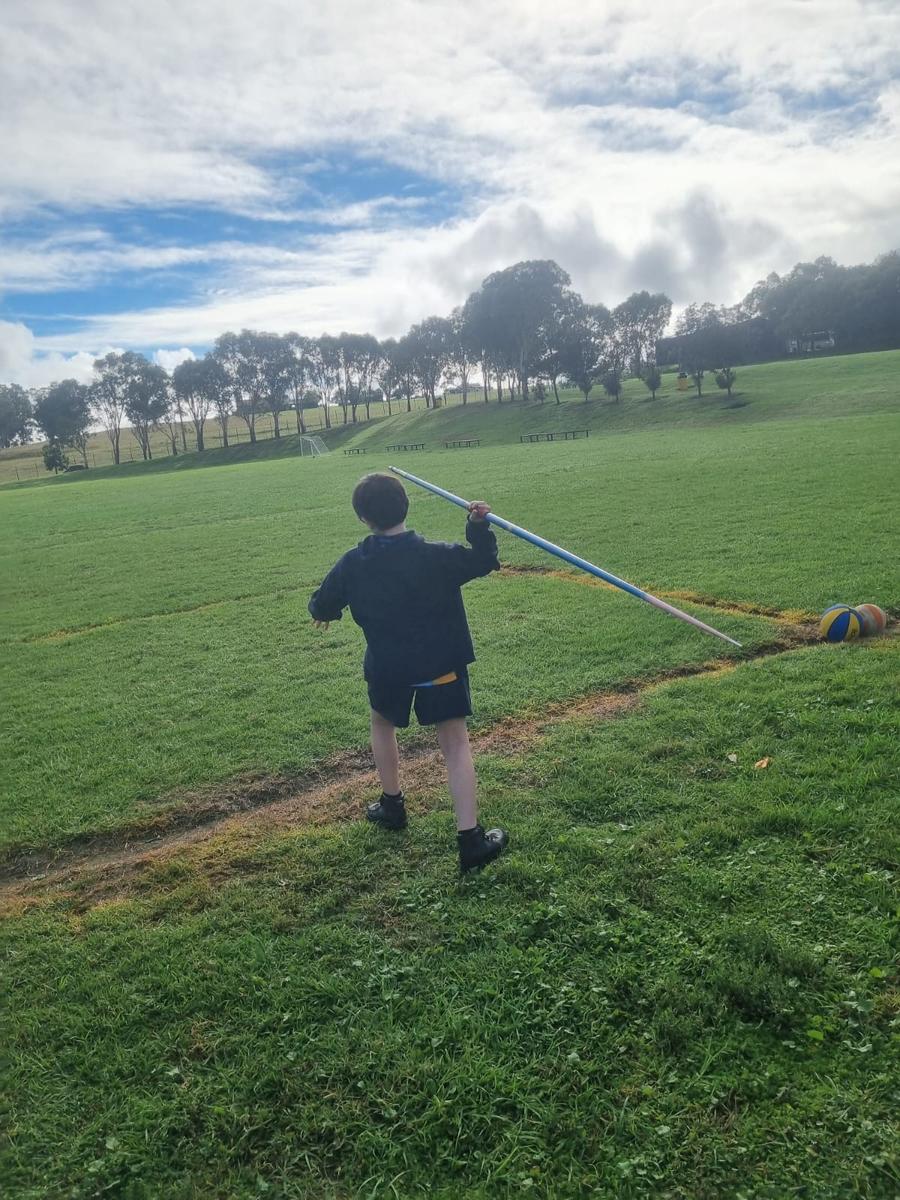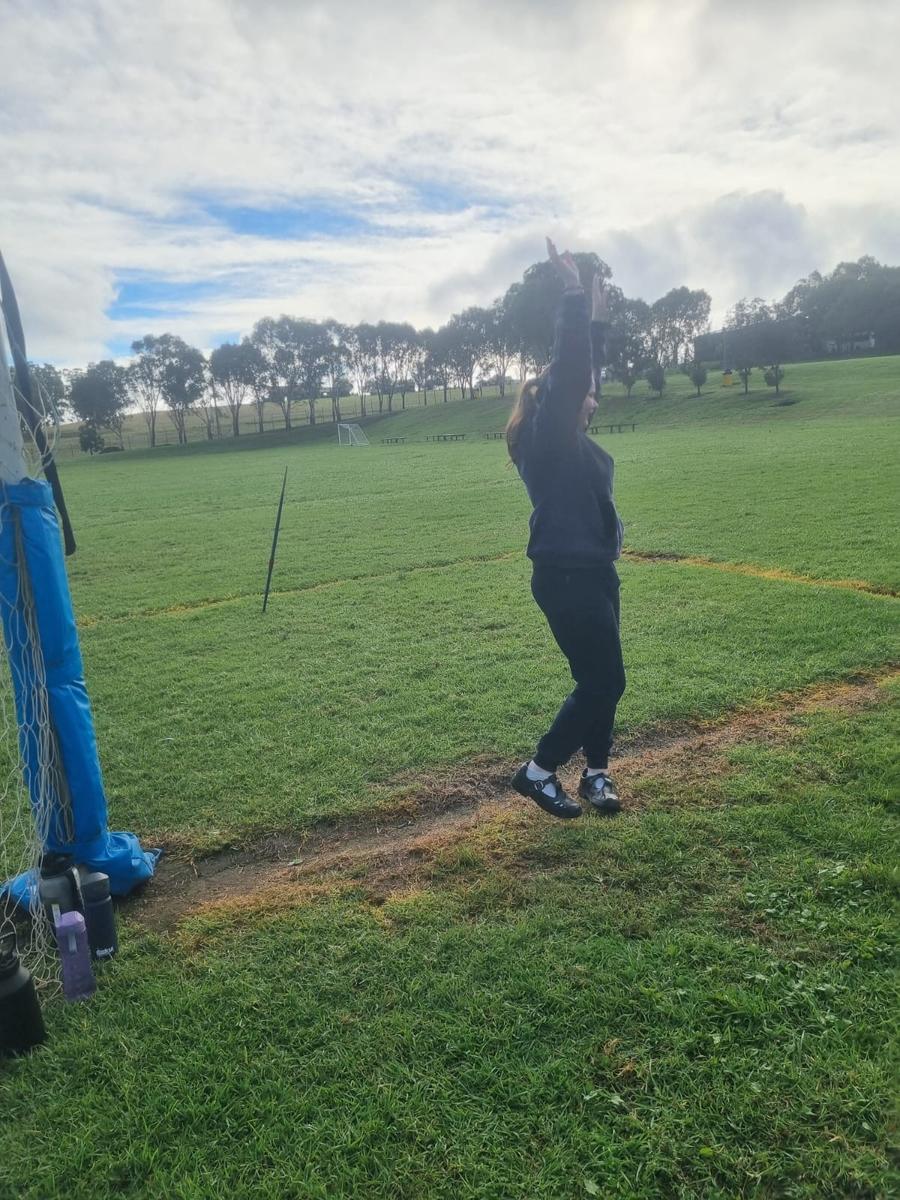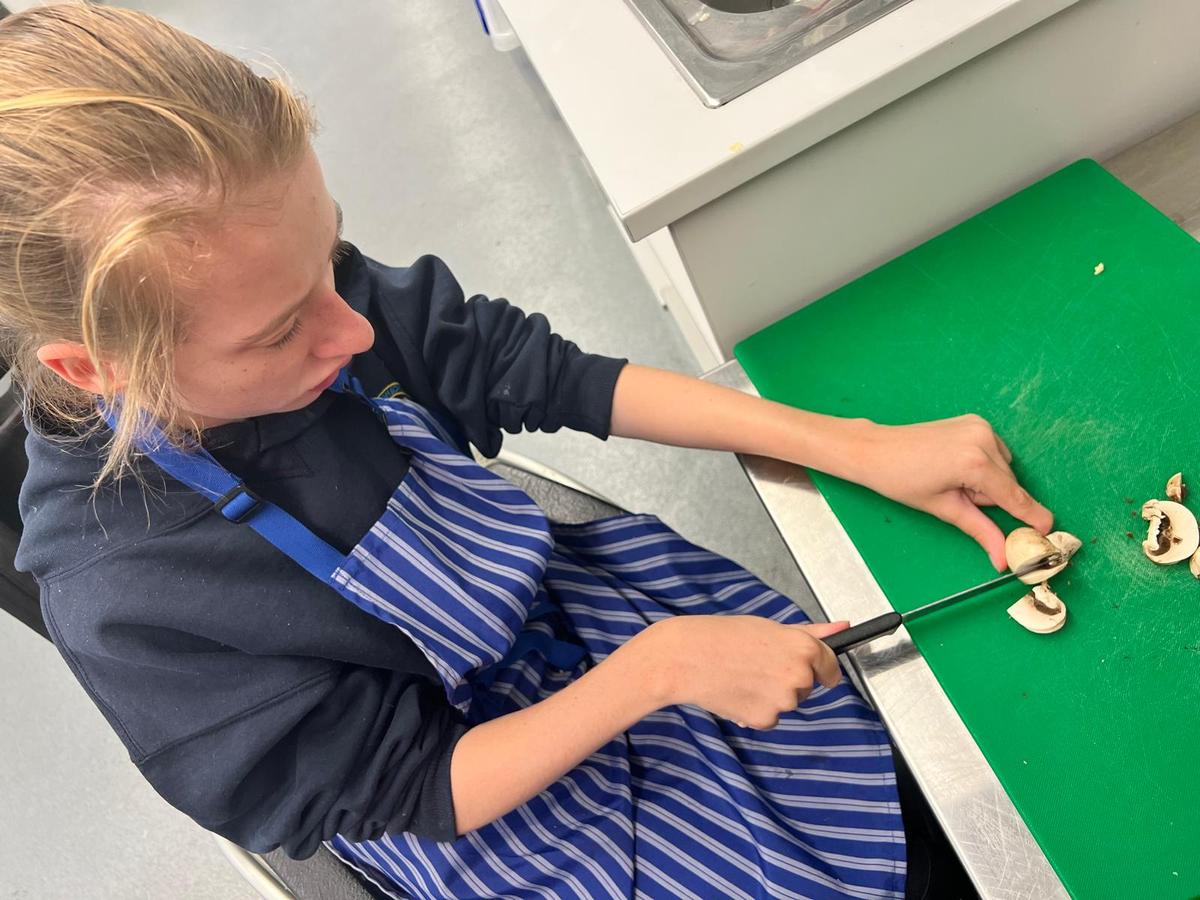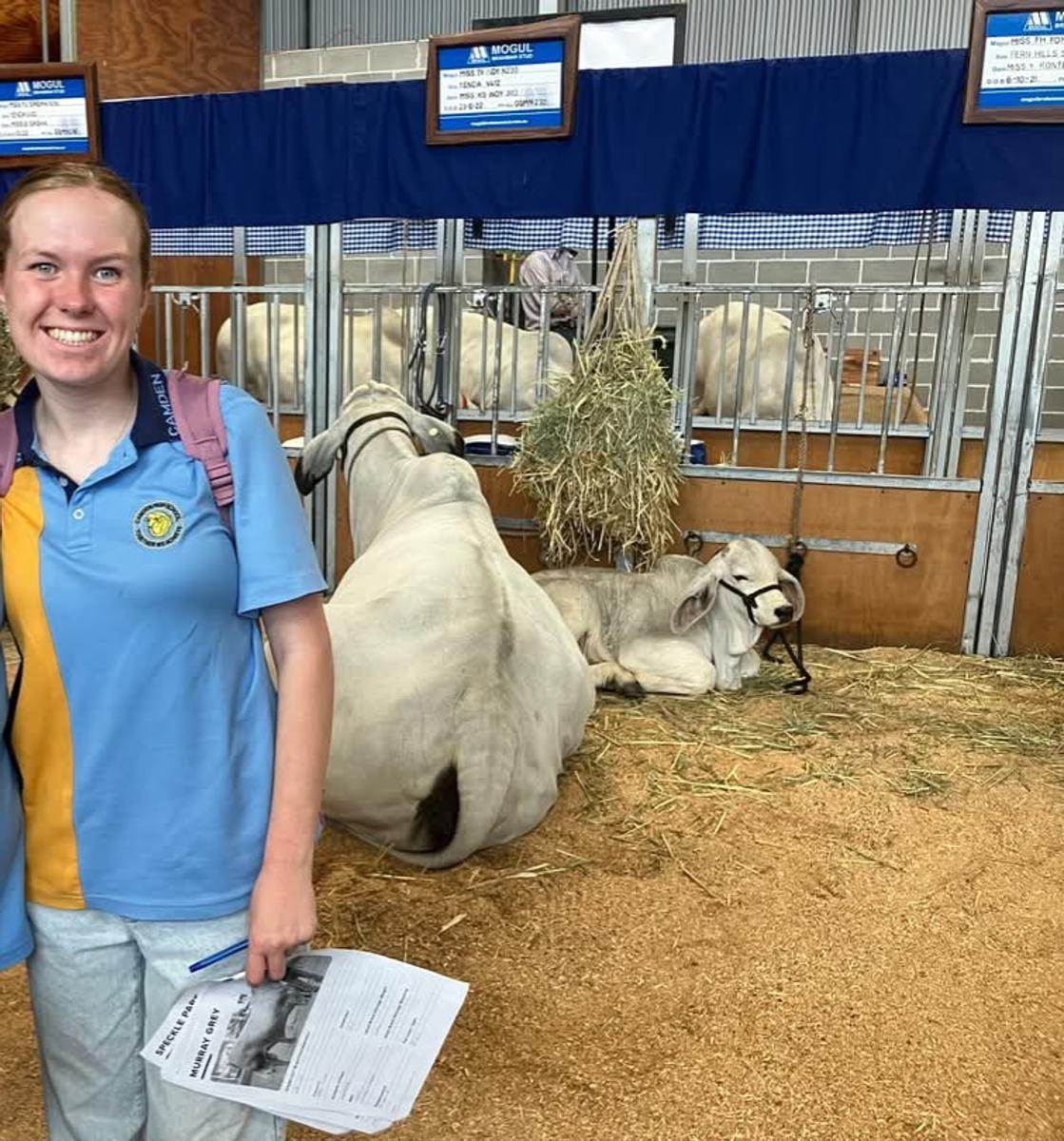Support Faculty Snapshot
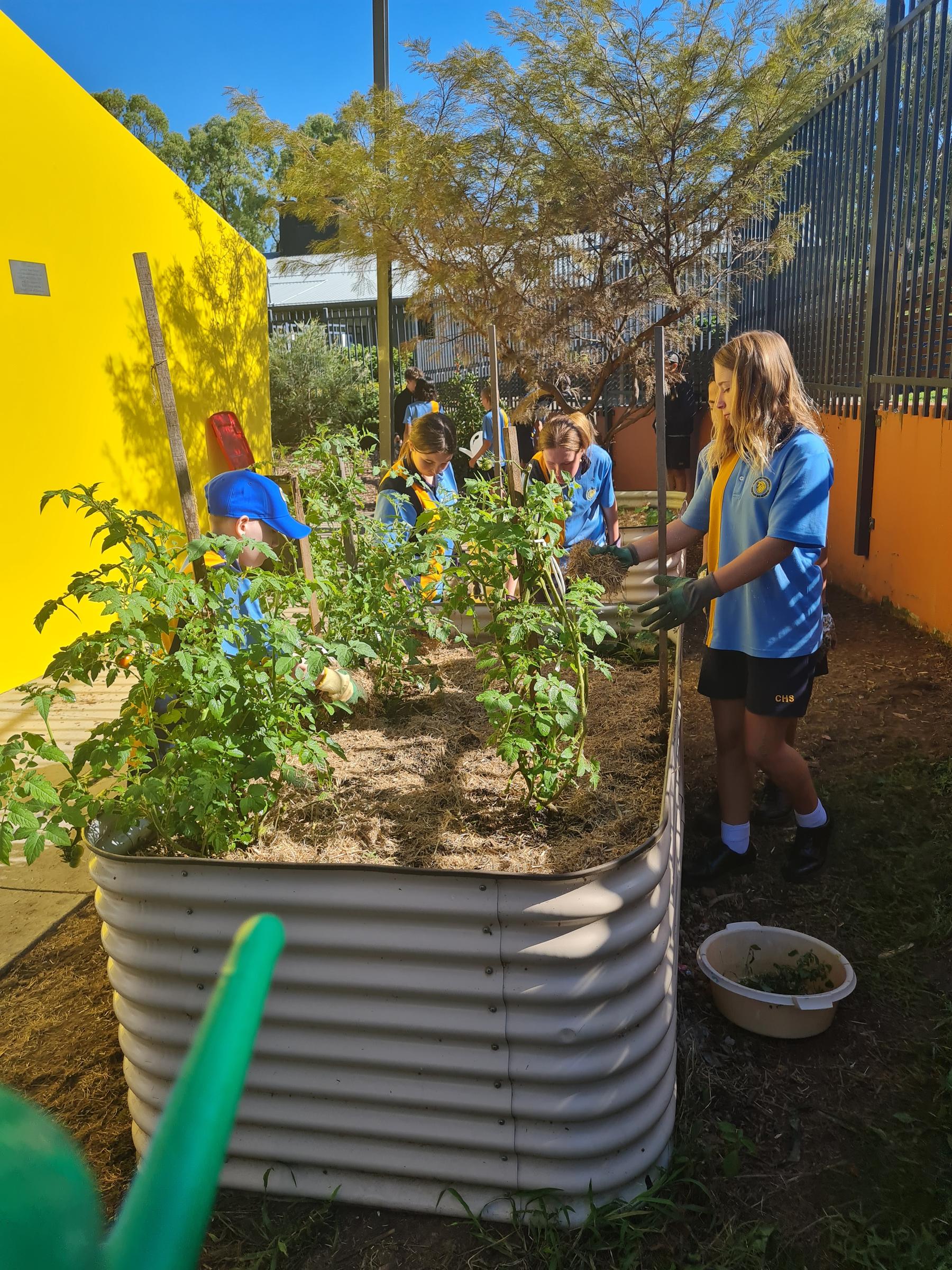
CAPA
Stage 4 Support students have been working towards completing a vibrant A3 colour portrait as part of a unit inspired by Frida Kahlo. Drawing on themes of self-expression and symbolism, each student has created a portrait of themselves alongside a pet or spirit animal that reflects their personality or story. Through this process, students have explored identity, emotion, and imagination while developing their drawing skills and creative confidence. The artworks are a wonderful celebration of individuality and artistic growth.
English
Exploring the Rhythm and Rhyme of Australian Poetry – Stage 4 Students Dive In
This term, our Stage 4 students have embarked on a literary journey through the rich and diverse world of Australian poetry. From iconic verses about the bush to powerful expressions of identity and belonging, students are exploring poems that reflect Australia’s culture, history, and landscapes.
Among the works being studied are:
My Country by Dorothea Mackellar, with its famous ode to the beauty and contrasts of the Australian land;
Wuri Sun, a lyrical and reflective poem that offers a unique cultural perspective;
The much-loved ballad Waltzing Matilda, a cornerstone of Australian folklore;
We Are Going by Oodgeroo Noonuccal, a powerful poem that speaks to the experiences and displacement of Aboriginal Australians.
As they delve into these texts, students are developing their understanding of poetic devices and the ways in which language can be shaped to create emotion and meaning. They are learning to identify and interpret:
Similes and metaphors, which create vivid imagery and deeper meaning;
Symbolism, where objects, places or actions stand for larger ideas;
Alliteration and assonance, which add rhythm and sound effects;
The role of a chorus, often used for repetition and emphasis;
Syllables and their contribution to the poem's rhythm and structure;
The difference between prose and poetry, and how poetry structure—such as stanzas, line breaks, and rhyme schemes—shapes the way a poem is read and understood.
Through close reading, collaborative discussions, and creative writing, students are not only gaining confidence in literary analysis but also discovering their own voices through poetry.
It has been inspiring to see our Stage 4 learners engage so thoughtfully with these texts, recognising the richness of Australia’s poetic heritage and the many ways it continues to speak to us today.
Stage 5 Students Venture Into Utopias and Dystopias: Imagining the Future Through Literature
This term, Stage 5 students have been exploring the fascinating genre of Utopian and Dystopian fiction, diving into imagined worlds where societies strive for perfection - or spiral into control, chaos, or collapse. Through literature, discussion, and creative writing, students are critically examining how these worlds reflect real-world issues such as power, justice, freedom, and individuality.
As part of their study, students are engaging with a range of dystopian texts that challenge ideas about society, authority, and human behaviour. Some examples include:
The Hunger Games by Suzanne Collins, which portrays a divided society controlled through fear and spectacle;
The Interrogation of Ashala Wolf by Ambelin Kwaymullina, a powerful dystopian narrative rooted in Indigenous perspectives and environmental themes;
The Lottery by Shirley Jackson, a chilling short story that questions blind tradition and collective morality.
These texts provide a springboard for rich classroom discussion and analysis, as students unpack common dystopian themes such as surveillance, oppression, rebellion, and ethical choices in extreme conditions.
Taking inspiration from these stories, students are now designing their own original dystopian worlds as part of a creative writing project. They are inventing unique societies with complex systems, rules, and conflicts - exploring what happens when the balance between control and freedom breaks down. Whether envisioning a future governed by artificial intelligence or a society where emotions are outlawed, students are using narrative structure, setting, and character development to bring their ideas to life.
This unit not only hones their analytical and creative writing skills but also encourages deep thinking about the world we live in - and the future we might shape.
PDHPE
Stage 4
In our practical lessons, students have been working on their Athletics assessment task, with a focus on javelin, shot put, and long jump. Many have been pleasantly surprised by their own progress and how far they can throw or jump!
In theory sessions, we've been exploring fitness development in greater depth, highlighting the vital role that physical fitness plays in maintaining a healthy lifestyle.
Stage 5
In practical lessons, students have kicked off their Net/Court games assessment, diving into activities that strengthen their defensive and offensive strategies, boost teamwork, and push them to improve their performance. It's been great to see students step up, challenge themselves, and support each other on the court.
In theory lessons, the focus has shifted to taking ownership of personal health, safety, and wellbeing. Students are developing real-life skills by planning, rehearsing, and evaluating ways to manage situations that could impact their own or others’ wellbeing—both in the short and long term.
Year 10 Electives
Students are progressing well in their Year 10 electives, the electives that the students are doing include:- Music, Visual Arts, Photography, Agriculture, Food Technology, PASS. The students are doing both theory and practical components in their studies.
In Food Technology they are developing their cooking skills ,whilst also learning about food safety; in Music they are fine tuning their musical abilities; in Photography they are developing their skills in taking photos and using photoshop; an in Agriculture the students are going to start learning about livestock, how to manage and care for them.
Some of the students were also lucky enough to go to the Royal Easter Show, on the last day of last term, where they learnt some facts about different breeds of cattle where they spoke to the breeders. They also completed work about sheep and pigs.
